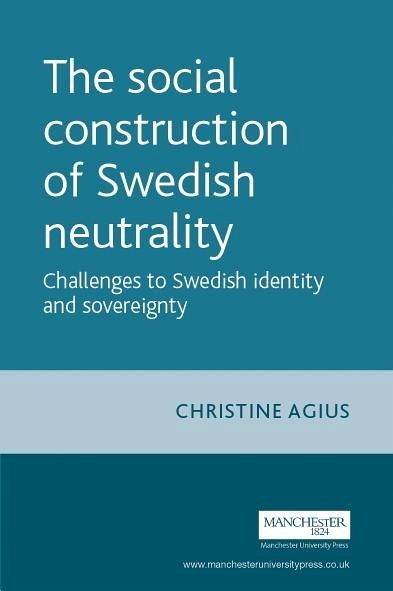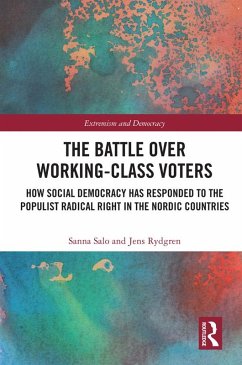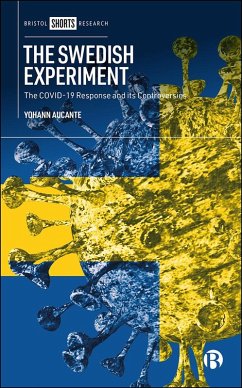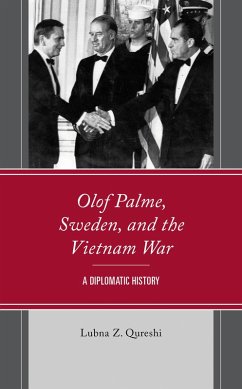
The social construction of Swedish neutrality (eBook, ePUB)
Challenges to Swedish identity and sovereignty
Versandkostenfrei!
Sofort per Download lieferbar
17,95 €
inkl. MwSt.
Weitere Ausgaben:

PAYBACK Punkte
9 °P sammeln!
Since the end of the Cold War and the 'War on Terror', neutrality is considered to be obsolete. This book traces the conceptualisation of neutrality, with a specific focus on Swedish neutrality, examining the link between identity and neutrality.
Dieser Download kann aus rechtlichen Gründen nur mit Rechnungsadresse in A, D ausgeliefert werden.













